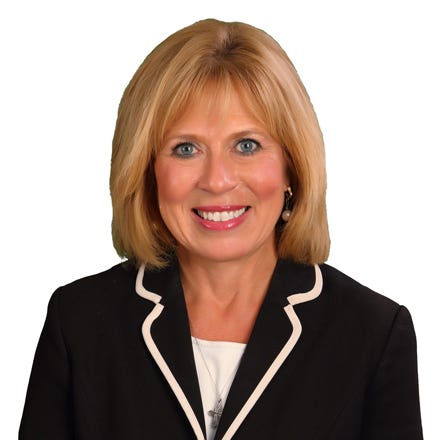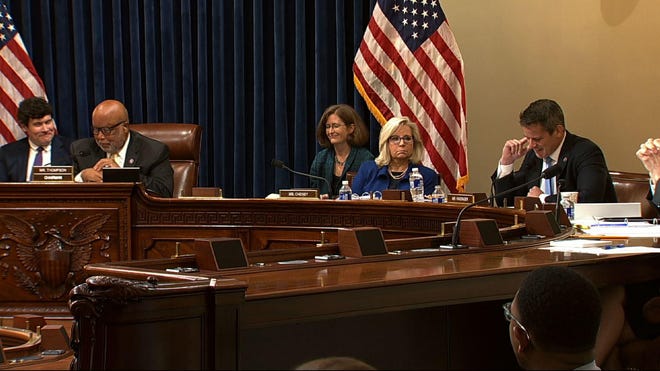
It is a common belief among our clients that their day-to-day expenses will go down during retirement. While this might be true to a certain extent, you might be surprised that some expenses will actually go up.
It’s true that you won’t be commuting to an office every day. You won’t need professional clothing and you may spend less on everything from entertaining to technology.
However, there are critical areas where spending is likely to rise during retirement, and you want to be prepared. These are potential budget drainers that can trip up individuals on a fixed income:

- Inflation and taxes. Inflation is evitable. If you don’t plan for it, inflation could really affect your purchasing power over the coming years. Many pension plans don’t offer cost of living adjustments (COLAs), and $1,000 a month today isn’t going to buy as much 20 years down the road. However, that doesn’t mean you’re doomed to less lifestyle.
One way to prevent the adverse effects of inflation is to avoid playing it too safe. Don’t put all your money in investments that (at current interest rates) will not outpace inflation in the long term. Work with a financial services professional to build a risk-adjusted portfolio. Consider delaying So Social Securitycial Security payments for as long as possible, which will allow your eventual benefits to increase as you defer from age 62 to 70.
Finally, keep an eye on Uncle Sam. Many of our clients with multiple income streams (a pension, Social Security, 401(k), IRA, etc.) get caught off guard when it comes to taxes. While many assume their income tax bracket will be lower in retirement, it’s not out of the question to find yourself in the same or even a higher bracket if you’ve done an especially great job of saving in tax deferred retirement accounts.
- Travel and shopping. Retirement is supposed to be fun. It’s supposed to be filled with family vacations, visiting old friends, high school reunions, anniversary getaways, bucket list trips around the world and everything in between. However, many retirees may find they have more time and energy than cash, so creating a discretionary budget is essential.
When it comes to consumer goods, many of us may need to adjust our shopping habits. A little less boutique and a little more Target, so to speak. It can be incredibly difficult to alter habits, but by taking the guesswork out of the “what can I afford?” equation, you’ll make it a lot easier to adjust, if it is necessary.
- Housing. The stress around major housing expenses is ever-present, but it can increase on a fixed income. Large homes are costly. From the roof to the water heater, electrical bill to the property taxes, it can become overwhelming. It may be time to consider downsizing. Be sure to do your homework on the cost of taxes and real estate in the area where you’re planning to relocate, and the math on the cost of selling your home and moving. Also, realize that smaller is not always less expensive.
Take note that if you want to pocket some serious cash on the sale of your home, make sure you take downsizing seriously. Does it really make sense to sell your home for $350,000 and buy another for $300,000? Explore garden home and apartment options.
- Health care. The older we get, the more we are likely to spend on medication and specialty care, and it’s important to be prepared. It is imperative to have a plan for long-term health care and end of life care. Discuss your plan for handling long-term care needs with your family now.
It goes beyond insurance – you need to determine where and from whom you’d like to receive care. If you’re still working and you have a high deductible health plan that makes you eligible for an Health Savings Account, start socking money into that tax-advantaged account. Any earnings accumulate tax-free and you can pull it out tax-free for medical expenses for the rest of your life.
The best time to be thinking about your retirement finances is before you retire. Work with a CFP or CPA to start working on your plans for the future.
Crystal Faulkner is a Cincinnati market leader with MCM CPAs & Advisors, a CPA and advisory firm offering expert guidance and beyond the bottom line thinking for today’s public and private businesses large and small, not-for-profits, governmental entities and individuals. Tom Cooney is with Wealth Dimensions, an investment advisory firm. For additional information, call 513-768-6796 or visit online at mcmcpa.com. You can listen to Tom and Crystal daily on WMKV and WLHS on “BusinessWise,” a morning and afternoon radio show that profiles highly successful people, companies, organizations and issues throughout our region.
Source link








